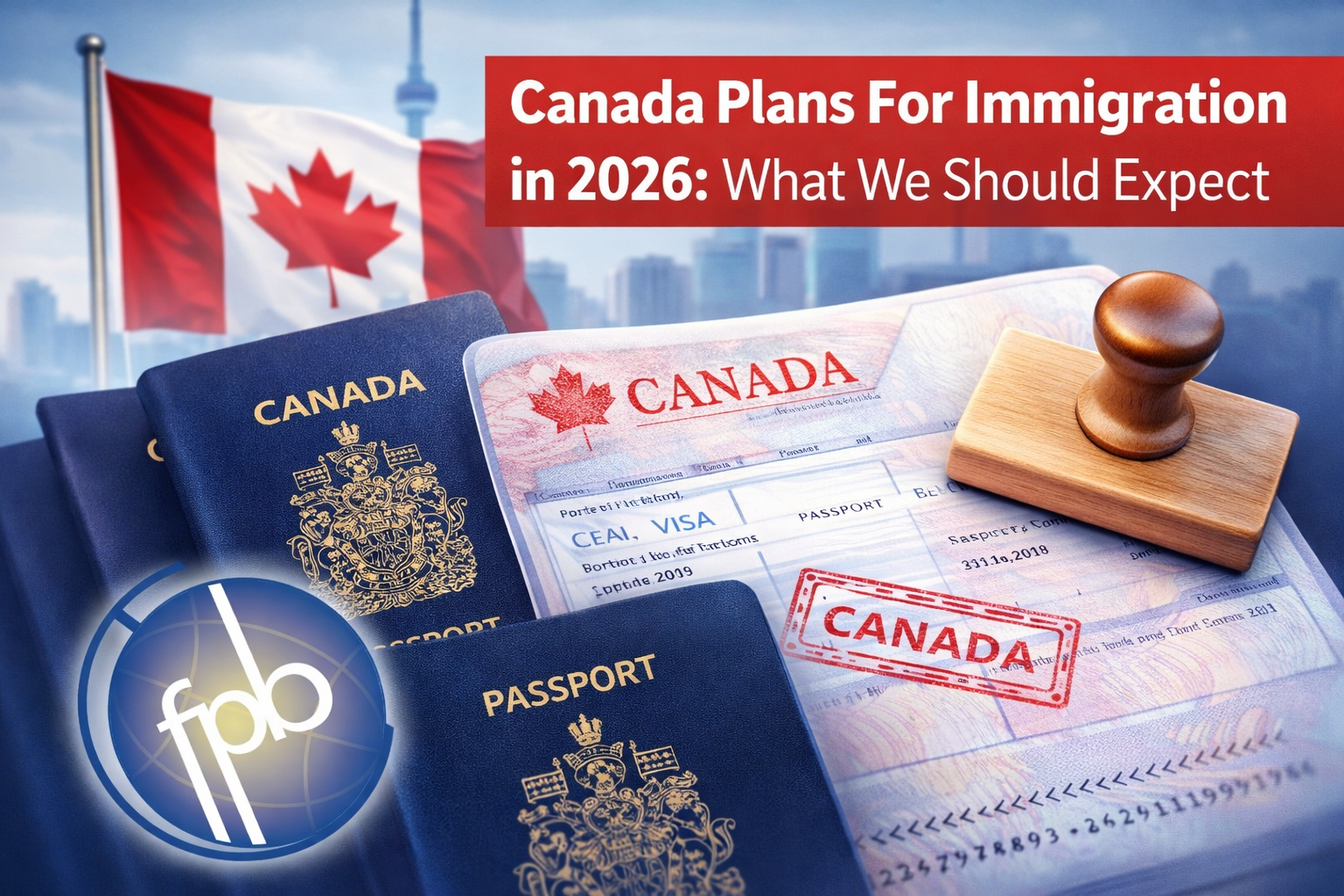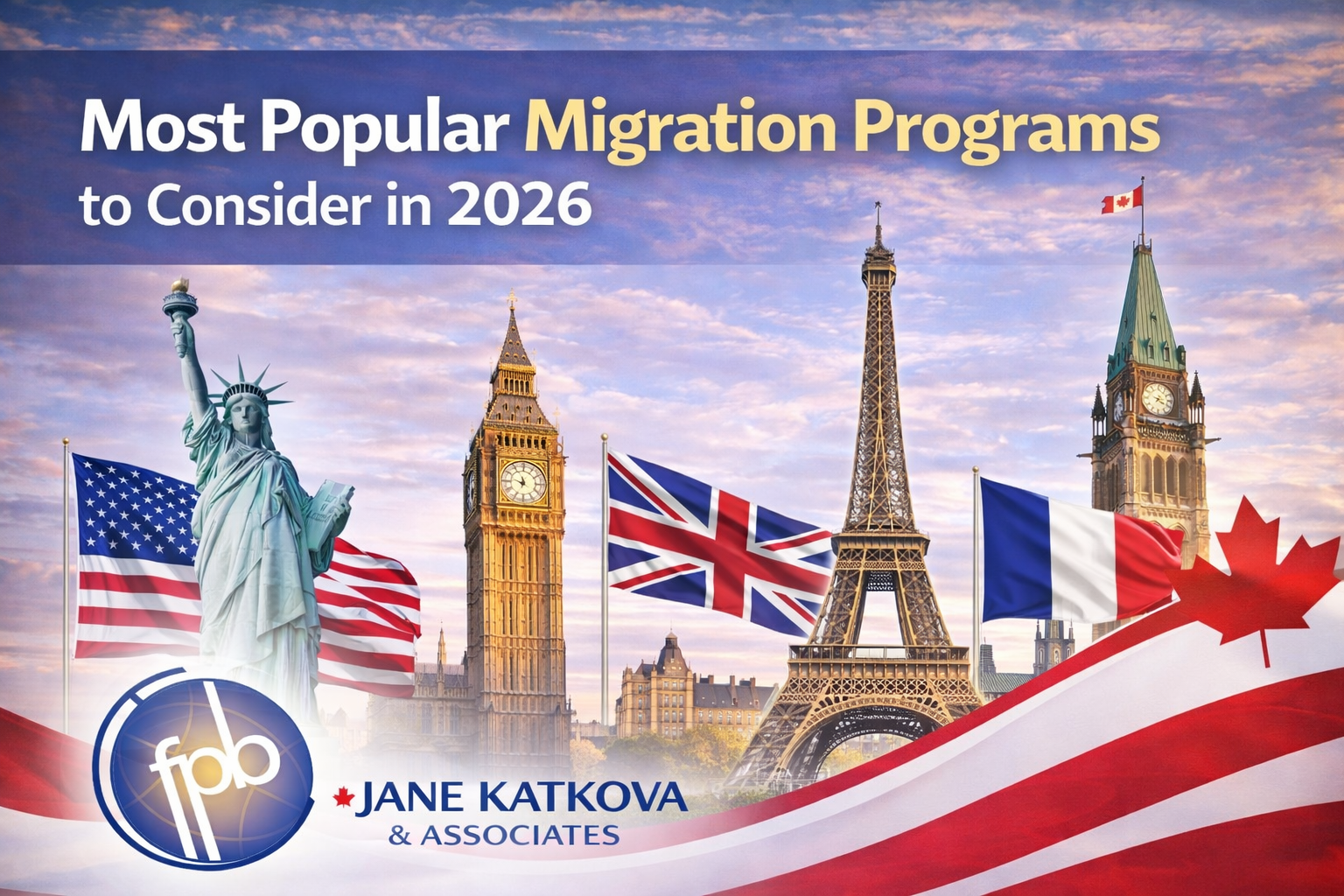Top Digital Nomad Visa Countries 2025 For Remote Workers

Compare taxes, stay rules and perks in Portugal, Spain, Dubai, Costa Rica and other digital nomad visa hubs for 2025. Plan your move with Fast Passport.
Best Countries That Offer Digital Nomad Visa to remote workers 2025
The Rise of Digital Nomad Visas
The digital nomad lifestyle is experiencing unprecedented growth in 2025, with more countries than ever introducing specialized visa programs designed specifically for remote workers.
What was once considered an alternative lifestyle has evolved into a mainstream career path, supported by government policies worldwide.
This comprehensive guide explores the evolving landscape of digital nomad visas, their benefits, tax implications, and how to choose the right destination for your remote work journey.
Key Distinction: Digital nomad visas differ fundamentally from tourist and business visas by providing legal status specifically for remote work activities, eliminating the need for visa runs and creating a framework for longer-term residency while maintaining employment with foreign entities.
What is a Digital Nomad Visa?
A digital nomad visa is a specialized immigration category that allows individuals to legally reside in a foreign country while working remotely for employers or clients based elsewhere. Unlike traditional tourist visas, these programs provide extended stay periods and legal work status, ensuring compliance with local immigration and tax laws. It is distinct from a tourist visa because it provides a longer stay and legal work status, ensuring compliance with immigration laws.
The Evolution of Digital Nomad Visa Programs
The concept of digital nomad visas gained significant momentum following the COVID-19 pandemic, which normalized remote work globally. Countries that previously relied heavily on tourism began recognizing the economic potential of attracting long-term visitors with stable incomes. This shift has led to the development of visa programs specifically tailored to the needs and lifestyles of location-independent professionals.
In 2025, we’re seeing these programs mature with more standardized application processes, clearer tax frameworks, and additional benefits designed to attract digital talent. The competition between countries has resulted in increasingly attractive visa options, with some nations offering tax incentives, simplified bureaucracy, and pathways to permanent residency.
Comprehensive Benefits of Digital Nomad Visas
Legal Status and Compliance
Obtain official authorization to work remotely while residing in a foreign country, eliminating legal gray areas and providing peace of mind during extended stays.
Extended Stay Duration
Enjoy longer residency periods ranging from 6 months to 5 years, depending on the country, with many programs offering renewal options for continued stays.
Access to Local Services
Gain legitimate access to essential services including banking, healthcare systems, housing contracts, and telecommunications without the limitations faced by tourists.
Tax Optimization Opportunities
Many digital nomad visa programs offer favorable tax arrangements, including tax exemptions on foreign income, reduced local tax rates, or tax holidays for qualified applicants.
Community Integration
Experience deeper cultural immersion and community connections through longer stays, local networking events, and co-working spaces specifically designed for digital nomads.
Professional Development
Access international business networks, attend local industry events, and collaborate with global professionals, expanding your career opportunities and skill development.
Tax Implications for Digital Nomads: Strategic Considerations
Understanding the tax landscape is crucial for digital nomads seeking to optimize their financial situation while maintaining legal compliance. Tax obligations vary significantly between countries and depend on factors including visa type, residency status, income source, and international tax treaties.
Tax-Free Digital Nomad Destinations
Several countries have positioned themselves as tax-advantageous destinations by offering digital nomad visas with minimal or zero local income tax obligations:
- Costa Rica: No local income tax on foreign-earned income for digital nomad visa holders, plus tax-free import of work equipment.
- Croatia: One-year tax exemption on foreign income for digital nomad visa holders.
- Dubai (UAE): Zero personal income tax on both local and foreign earnings.
- Curaçao: No local income tax obligation for digital nomad visa holders.
- Ecuador: Foreign-source income is not taxed for non-residents, including digital nomad visa holders.
Reduced Tax Rate Destinations
Some countries offer digital nomad visas with preferential tax rates:
- Malta: Flat 10% income tax rate for digital nomad visa holders.
- Portugal: Potential qualification for Non-Habitual Resident (NHR) status with 20% flat tax rate on certain income types.
- Spain: Beckham Law provision allows eligible digital nomad visa holders to pay a flat 24% tax rate instead of progressive rates up to 47%.
Tax Residency Considerations
Digital nomads must carefully consider how their movement patterns affect their tax residency status. Most countries determine tax residency based on physical presence tests (typically 183 days per year), but other factors may apply. Strategic planning around these thresholds can significantly impact overall tax obligations.
Important: Tax regulations are complex and subject to change. Always consult with an international tax professional familiar with digital nomad taxation before making decisions that affect your tax residency status.
Top Digital Nomad Visa Destinations in 2025
The global competition for remote talent has resulted in diverse visa offerings across continents. Here’s a comparative analysis of leading digital nomad visa programs in 2024:
Estonia
Estonia pioneered the digital nomad visa concept and continues to offer one of the most technologically advanced programs, leveraging its e-Residency infrastructure.
Key Features:
- Duration: 1 year
- Income Requirement: €3,504 monthly
- Application Process: Digital application with minimal documentation
- Tax Benefits: No tax on foreign income if staying less than 183 days per year
- Unique Advantage: Integration with Estonia’s world-leading digital governance ecosystem
Portugal
Portugal’s D7 visa and digital nomad visa options have made it a premier destination for remote workers seeking European lifestyle with relatively affordable living costs.
Key Features:
- Duration: 2 years (renewable)
- Income Requirement: €3,040 monthly (4x minimum wage)
- Application Process: Initial application at Portuguese consulate
- Tax Benefits: Potential qualification for Non-Habitual Resident status with preferential tax rates
- Unique Advantage: Pathway to permanent residency and citizenship after 5 years
Spain
Spain’s recently launched digital nomad visa has quickly become popular due to its favorable conditions and the country’s high quality of life.
Key Features:
- Duration: 1 year initially, renewable up to 5 years
- Income Requirement: €2,500 monthly (2x minimum wage)
- Application Process: Application through Spanish consulate with documentation of remote work
- Tax Benefits: Eligible for Beckham Law with 24% flat tax rate on income up to €600,000
- Unique Advantage: Includes family members and offers path to permanent residency
Croatia
Croatia’s digital nomad visa has gained popularity for its beautiful coastline and tax advantages.
Key Features:
- Duration: 1 year (non-renewable, but can reapply after 6 months outside Croatia)
- Income Requirement: €2,300 monthly
- Application Process: Can be completed online or at Croatian embassies
- Tax Benefits: No local income tax on foreign earnings during visa period
- Unique Advantage: Affordable Mediterranean lifestyle with excellent digital infrastructure
Dubai (UAE)
Dubai offers a streamlined digital nomad visa with significant tax advantages in a global business hub.
Key Features:
- Duration: 1 year (renewable)
- Income Requirement: $5,000 monthly
- Application Process: Fully online application with quick processing
- Tax Benefits: Zero personal income tax
- Unique Advantage: World-class infrastructure and global connectivity
Application Process: Digital Nomad Visa
While application requirements vary by country, most digital nomad visa programs follow a similar framework. Understanding the general process can help you prepare effectively regardless of your chosen destination.
Research and Eligibility Verification
Thoroughly research visa options based on your preferences for climate, cost of living, tax implications, and infrastructure needs. Verify that you meet the basic eligibility requirements, particularly income thresholds and remote work arrangements.
Documentation Preparation
Gather required documentation, which typically includes:
- Valid passport (usually with 6+ months validity)
- Proof of remote employment or business ownership
- Income verification (bank statements, employment contracts)
- Health insurance with international coverage
- Clean criminal record certificate
- Proof of accommodation (for some countries)
- Application forms specific to the country
Application Submission
Submit your application through the designated channel, which may be:
- Online portal (increasingly common)
- Embassy or consulate in your home country
- Immigration office in the destination country (if applying while visiting)
Pay the required application fees, which typically range from €50 to €500 depending on the country.
Interview or Additional Requirements
Some countries require interviews or additional documentation. Be prepared to explain your remote work arrangement and how you plan to support yourself during your stay.
Visa Approval and Relocation
Upon approval, you’ll receive your visa or authorization to travel. Some countries issue the actual visa or residence permit only after arrival, so understand the specific process for your destination.
Post-Arrival Registration
Many countries require registration with local authorities after arrival. This may include:
- Registering your address with municipal offices
- Obtaining a local ID card or residence permit
- Registering with tax authorities
- Setting up local banking
Practical Considerations for Digital Nomad Visa Holders
Financial Planning and Banking
Effective financial management is essential for sustainable digital nomad living. Consider these aspects:
- Multi-currency banking: Establish accounts that allow easy international transfers with minimal fees
- Tax planning: Implement systems for tracking expenses and income across jurisdictions
- Emergency fund: Maintain accessible savings equivalent to 3-6 months of expenses
- Retirement planning: Develop a portable retirement strategy that works across borders
- Insurance coverage: Secure comprehensive international health insurance and digital nomad-specific coverage
Accommodation Strategies
Finding suitable housing as a digital nomad visa holder requires different approaches than short-term travel:
- Long-term rentals: Negotiate monthly or annual leases for significant savings over daily rates
- Co-living spaces: Consider purpose-built communities for remote workers
- Local housing platforms: Look beyond tourist-oriented sites to find authentic local accommodations
- Neighborhood selection: Prioritize reliable internet infrastructure and proximity to co-working spaces
Building Community and Professional Networks
Combating isolation and building meaningful connections is vital for digital nomad well-being:
- Co-working memberships: Join local spaces to connect with fellow professionals
- Digital nomad communities: Participate in location-specific online groups and meetups
- Professional associations: Maintain industry connections through international organizations
- Language learning: Invest in local language skills to deepen cultural integration
- Volunteering: Contribute to local communities through skills-based volunteering
Comparative Analysis: Choosing the Right Digital Nomad Visa Countries That Offer Digital Nomad Visa to Remote Workers
Each country offers a unique mix of culture, climate, infrastructure, and legal pathways. The best choice depends on your personal preferences, budget, and lifestyle goals.
Country | Visa Type | Min. Income Required | Highlight |
Portugal | D7 Visa | €760/month | Affordable Europe, strong community |
Spain | Nomad Visa | €2,000/month | Mediterranean lifestyle, easy access |
Germany | Freelancer Visa | Varies | Innovation hub, strong economy |
Estonia | Digital Nomad Visa | €3,504/month | Digital-first, efficient systems |
Czech Republic | Zivno Visa | Varies | Historic cities, budget-friendly |
Barbados | Welcome Stamp | $50,000/year | Island life, beach vibes |
UAE | Virtual Work Program | $5,000/month | Tax-free, luxury living |
Costa Rica | Digital Nomad Visa | $3,000/month | Eco-lifestyle, adventure-filled |
Mexico | Temporary Resident Visa | ~$2,595/month | Latin America, low cost of living |
Norway | Independent Work Visa | €35,719/year | High safety, stunning scenery |
Future Trends in Digital Nomad Visa Programs
The digital nomad visa landscape continues to evolve rapidly. Several emerging trends are likely to shape these programs in the coming years:
Integration with Digital Identity Systems
Following Estonia’s pioneering e-Residency model, more countries are developing digital identity frameworks that streamline visa processes and enable remote access to government services. These systems will increasingly allow digital nomads to manage their legal status, tax obligations, and administrative requirements through secure online platforms.
Specialized Economic Incentives
Beyond basic tax benefits, countries are beginning to offer targeted economic incentives to attract specific types of remote talent. These include startup investment opportunities, research grants, and sector-specific benefits for industries like technology, creative arts, and sustainable development.
Digital Nomad Villages and Purpose-Built Communities
Several countries are developing dedicated infrastructure for remote workers, including purpose-built digital nomad villages with integrated living, working, and community spaces. These developments often feature high-speed internet, co-working facilities, and programming designed to foster both productivity and community building.
Standardization and Reciprocity
As digital nomad visa programs mature, we may see greater standardization of requirements and potentially reciprocal arrangements between countries. This could eventually lead to multi-country digital nomad visa options, similar to how the Schengen system works for tourist travel in Europe.
Embracing the Digital Nomad Lifestyle: Beyond the Visa
The digital nomad visa represents more than just a legal document—it’s a gateway to a transformative lifestyle that combines professional freedom with cultural exploration. As remote work continues to normalize globally, these specialized visa programs are evolving from niche offerings to mainstream immigration pathways.
For professionals considering this path, the key to success lies in thoughtful preparation, financial planning, and community building. The most fulfilled digital nomads approach their journey with both flexibility and structure, embracing new experiences while maintaining professional focus.
As countries compete for remote talent, digital nomad visa programs will continue to improve, offering greater benefits and smoother processes. Whether you’re seeking tax optimization, cultural immersion, or simply a change of scenery, today’s diverse visa landscape offers unprecedented opportunities for location-independent living.
The rise of digital nomad visas reflects a fundamental shift in how we conceptualize work, citizenship, and global mobility. For those ready to embrace this evolution, the rewards extend far beyond the practical benefits—to a life of expanded horizons, cross-cultural connections, and the freedom to design your ideal work-life integration.
FAQs About Digital Nomad Visas 2025
What is a digital nomad visa?
A permit allowing legal residency in a foreign country while working remotely for a non-local employer or clients.
Who is eligible?
Most programs require proof of income, remote employment, health insurance, and a clean background.
How long can I stay?
Durations vary—some visas last 6 months, others up to 2 years, often with renewal options.
Can I bring my family?
Yes, many programs allow dependents but may have additional requirements.
What are the tax implications?
Depends on the country and duration of stay—consult a tax advisor to avoid double taxation.
**Government and Official Sources:**
- – European Commission – “EU Blue Card Network”
*Official EU resource on work permits and immigration policies*
*Official Estonian government portal for digital nomad visa program*
- – “Digital Nomads: Employment in the Digital Economy” – Oxford Internet Institute
*Academic research on digital nomad workforce trends*
*Peer-reviewed research on digital nomad demographics and trends*
**Industry Reports:**
**Country-Specific Resources:**
*Official Portuguese immigration authority information*
Last Updated on 27 May 2025
Other Useful Posts:
- Countries Offering Citizenship by Investment (CBI) with Tax Benefits 2025
- Spain Non-Lucrative Visa (NLV) – Retirement Visa Requirements & Process
- Safest Non-European Countries Offering Citizenship by Investment in 2025
- Tax-Friendly Countries for Global Investors in Europe 2025
- Citizenship by Descent – Meaning, Benefits & Application [Guide]
- Which Are The Best CBI Programs to Consider in 2025?







